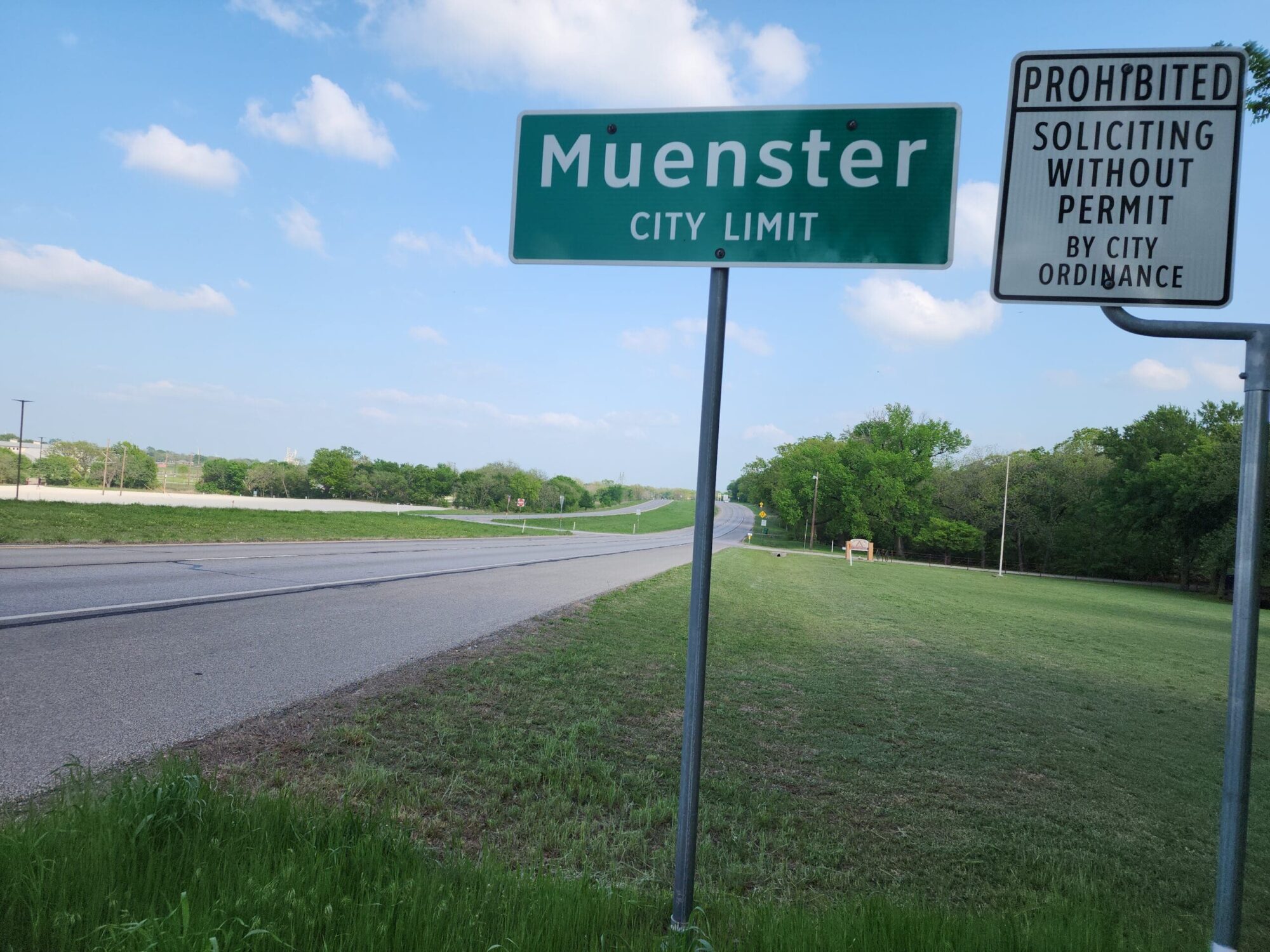While Republican politicians in Texas love to tout the state as a leader in protecting life, the results from the last legislative session stand in stark contrast to that rhetoric. While other states passed monumental legislation to limit and eventually end the practice of abortion, the Texas legislature failed to lead on the issue of life.
Like many of the failures of the 86th Legislative Session, this story begins in June 2018 at the Republican Party of Texas’ convention in San Antonio. It was at this convention that grassroots conservatives from across the state voted overwhelmingly to make pro-life issues a legislative priority. The priority reads as follows:
Pass legislation to abolish abortion; including, but not limited to, enacting legislation that would ignore and refuse to enforce any and all federal statutes, regulations, executive orders, and court rulings, which would deprive an unborn child of the right to life, as well as enacting life-saving legislation such as PreNDA or a “heartbeat bill.” Completely eliminate funding for Planned Parenthood and their affiliates and prohibit their physical and digital presence in our schools.
While there was disagreement at the convention on tactic and strategy on ultimately ending abortion, the final priority covered a swath of pro-life bills, including abolition, PreNDA, and a “heartbeat bill.”
Unfortunately, despite giving the legislature a variety of options by which to make progress on pro-life issues, the legislature thumbed their nose at the grassroots and passed none of them. In a “kumbaya” session, after all, there was just no time or desire for “divisive” and “controversial” issues like ending the murder of unborn children.
Abolition
Abortion abolition is pretty straightforward. As the term suggests, it’s would mean the end of elective abortion in Texas. Practically, the bill simply eliminates the exception of abortion from the murder statute in state law.
In the Texas Senate, the bill’s timeline is nonexistent—it was never filed, despite being a GOP legislative priority for two legislative sessions in a row.
In the Texas House, however, State Rep. Tony Tinderholt (R–Arlington), who received death threats after filing similar legislation in 2017, once again authored the bill—House Bill 896.
When the bill was referred to the Committee on Judiciary and Civil Jurisprudence, many supporters of the legislation were elated. The reason? The new chair of the committee was State Rep. Jeff Leach (R–Allen), who had signed on as a coauthor to the bill last session. As chair, Leach could use his position to force a vote on the bill and perhaps even bring it to the floor for a vote.
Unfortunately, that’s not what happened.
Leach said he had a change of heart on the bill that he supported just two years ago, saying he couldn’t support a bill that would create criminal penalties for a woman who aborted her unborn child. Though hundreds of Texans came to the Capitol to testify in favor of the bill in a committee hearing, Leach killed the bill.
Heartbeat Bill
Many of the pro-life victories that have happened in other states this year revolved around the “heartbeat bill,” legislation that bans abortions once a fetal heartbeat is detected. Similar legislation has been passed in the legislatures of Ohio, Georgia, Louisiana, and Alabama—and the momentum is continuing.
With other states passing this bill, the chances of it passing the Texas legislature seemed pretty good. After all, politicians love to tout Texas as a leader in pro-life progress, and surely they would not be content watching other states surpass the Lone Star State in protecting unborn life.
And when State Rep. Briscoe Cain (R–Deer Park) filed the bill—House Bill 1500—and received over 40 coauthors in just one week, it appeared the bill would be unstoppable.
But then it was stopped.
In the House, Speaker Dennis Bonnen referred the bill to the Committee on Public Health, chaired by Democrat and abortion advocate State Rep. Senfronia Thompson (Houston). From there, the bill was dead, never to be heard of again during the session.
And just like the abolition bill, a counterpart was never filed in the Texas Senate.
PreNDA
Among the top pieces of priority legislation for Texas Right to Life was the Preborn Nondiscrimination Act, or PreNDA:
According to Texas Right to Life, the bill would:
- end the remaining late-term abortions in Texas;
- prohibit abortions committed against preborn children for discriminatory reasons, such as the child’s sex, race, or suspected disability;
- and provide information about life-affirming social and medical services to families whose preborn children are diagnosed with life-limiting disabilities.
Unlike the abolition bill and the heartbeat bill, this legislation was filed in both chambers—Senate Bill 1033 by State Sen. Kelly Hancock (R–North Richland Hills) and House Bill 2434 by State Rep. Matt Schaefer (R–Tyler).
But unlike the across-the-board teacher pay raise or legislation to raise the smoking age, this bill was not prioritized. It took the Senate until May 7 to pass the bill, while the House sat on Schaefer’s bill in committee.
When the Senate version of the bill came over to the House, it seemed as though it might have a second chance. Though the Committee on Health and Human Services passed the bill, it was too late; the bill ultimately died in the Calendars Committee.





